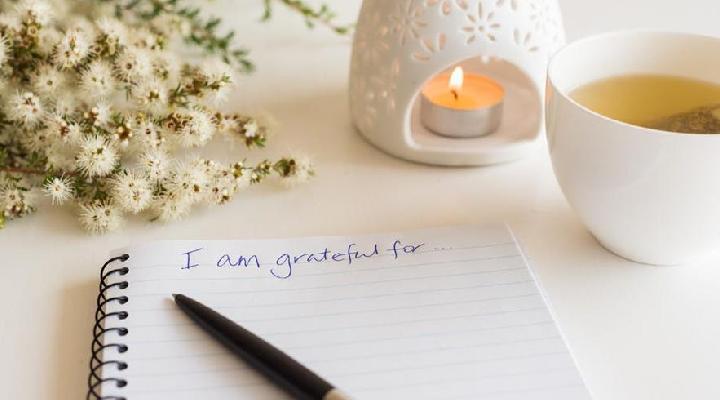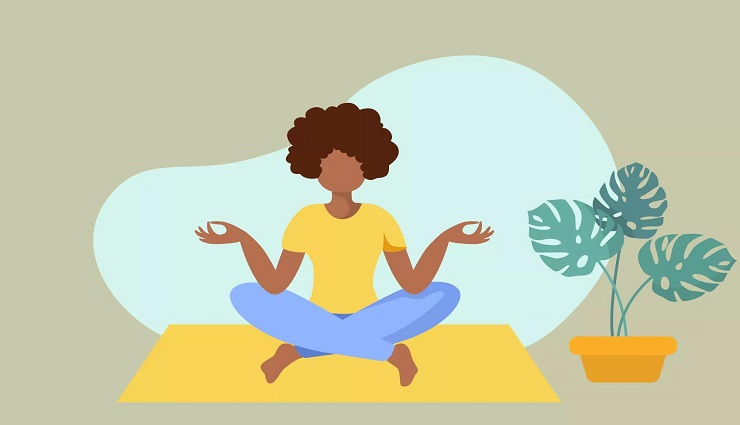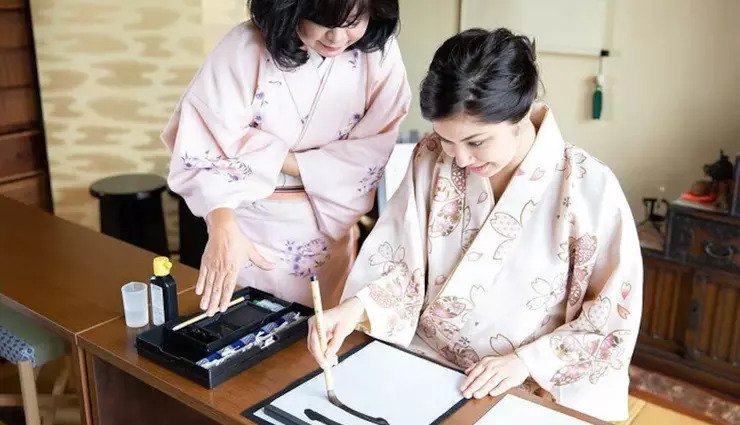Do you remember the last time you were grateful for something? Why did you feel this way? How did you show this feeling to others? Most importantly, how did this feeling affect you? Do you feel better and happier after being grateful? Practicing gratitude goes beyond being thankful for what you have. Appreciation means profoundly understanding the things in your life, even when it becomes problematic. Preference is good for mental health, and practicing it leads to a better life.
What is meant by practicing gratitude?
Since childhood, we have been asked to thank others when they give us a gift or do us a favor. We have gradually learned to thank others spontaneously and follow this social norm, but how often do we express gratitude for the small good things that happen to us daily? Do we know how to be thankful?
We’ve all heard or read many definitions of gratitude, but genuine gratitude requires conscious effort. Have you ever thought about how often you’ve said “thank you” without feeling gratitude?
Gratitude is a conscious and positive emotion expressed when feeling grateful for something tangible or intangible. Practicing gratitude means practicing ways to connect with people positively. This helps them to be aware of the good things they have in life. This method involves being grateful for every victory, no matter how small. These daily exercises encourage people to focus on positive feelings and actions. As a result, their awareness increases.
One way to start practicing gratitude is to notice the kindness of others. Understanding this issue in today’s fast-paced life requires awareness. Doing so may improve your mood. You can also pay attention to pain or suffering to practice gratitude. Taking the time to examine physical problems in mind will help you understand their source and find ways to alleviate them. Sometimes we need to take a minute to slow down and better understand our feelings.
Why is it important to practice gratitude?

Practicing gratitude works wonders both mentally and physically. Life seems brighter, more hopeful, and more exciting when you try to be grateful for the little things. Psychological evidence shows that people who consciously count the blessings in their lives are happier and less depressed. You may ask how this happens. In the following, we will examine this issue.
1. Gratitude changes brain activity
According to research, brain activity in the prefrontal cortex of people who show more gratitude is higher. This area of the brain is related to learning and decision-making. The persistence of this brain activity up to 1 month after Thanksgiving suggests a long-lasting effect.
2. You overcome negative emotions with gratitude
Gratitude promotes positive emotions such as happiness and kindness and leads us to pursue and relate to the good things in life. This feeling helps us ignore unhealthy emotions like resentment and jealousy.
3. Gratitude is a way to fight depression
According to a 2005 study at the University of Pennsylvania, conscious gratitude leads to a sudden increase in happiness by 10% and a 35% reduction in depression symptoms. If this becomes a habit, it can help prevent anxiety and depression.
4. Gratitude makes us more optimistic
According to the research done in 2003 by Dr. Robert E. Emmons from the University of California and Dr. Michael E. McCullough from the University of Miami, people who write a few sentences of gratitude during the week are more optimistic than others.
5. Gratitude improves physical health
In addition to reducing negative emotions, practicing gratitude is associated with healthy behaviors such as exercise. This work strengthens the immune system, reduces pain and suffering, lowers blood pressure, and improves sleep.
6. Appreciation leads to the formation of more stable social relationships
Through gratitude, we increase our capacity to forgive, are more likely to help others, and are more empathetic towards others. Appreciation in the workplace makes employees feel more satisfied. This will reduce their job burnout.
How to practice gratitude?
As you read, consciously expressing gratitude has many benefits, but how can we practice this? There are different ways to practice gratitude, each increasing our sense of gratitude. With the help of these methods, get to know yourself better and improve your attitude towards life.
1. Make a list

Think about the things you are grateful for. Writing down life’s victories and being thankful for them will improve your mindset. Sometimes we get caught up in the hustle and bustle of everyday life and cannot recognize the positive events or interactions that have happened to us. Making a list of good things helps us remember the small blessings that make us smile.
2. Thank your loved ones
We may not always notice the ways that friends and family express affection. Trying to spread appreciation can make their day and yours better.
3. Change your way of thinking
There are ways to change and reform thoughts, called cognitive restructuring methods. This will teach you to look at things from a different perspective. Allowing yourself to revisit a bad situation and see the positive side of it is both constructive and effective.
4. Appreciate those around you in the community
When you show strangers that you value them, you not only make their day better, but it also makes you feel better. You need to know the people you contact daily and their influence on your life. Service workers, bus drivers, supermarket sellers, and restaurant servers are examples of people who spend their time improving our days.
5. Thank God before eating
Being thankful for meals can change the way you think. Sometimes we forget how important food is to our bodies, culture, and traditions. Being able to buy groceries and cook the food we love is a gift we should cherish.
6. Enjoy your morning routine
Be thankful for the tea, coffee, or beverage you start your morning with. Repeat positive statements to yourself with each sip of that drink. Doing this, like giving thanks before a meal, will be adequate.
For some, the first few minutes after waking up are a time to think. However, if you start your day with a positive attitude toward life, you will reap the benefits throughout the day, afternoon, and at night.
7. Take time for self-reflection
Think about what may be evident and typical to you. Make an inventory of what you have and remember the past with kindness, not regret. Practicing gratitude requires some self-reflection. Doing this makes you think about what you have now, not what you have lost.
8. Write your daily diary
Journaling is a great way to review the positives in life. Writing down different things you are grateful for daily will help you find the critical points in each moment of your life. First, you need to buy a notebook to start this work.
9. take a walk
Walking in nature and devoting time to it connects us to the surrounding environment and stimulates our senses. Getting out of the house allows us to see, smell, hear, and touch more. Being in nature encourages us to slow down and discover every moment.
10. Perform gratitude rituals
Make time for gratitude so you can make the most of it. Usually, we all have different plans for skin care, sleep, and exercise. However, most of us don’t think to add gratitude to our list of important daily tasks.
11. Do volunteer work
According to research, participation in voluntary work improves people’s moods. Although thmoodsrpose of doing these things is not to serve ourselves, such things undeniably benefit us.
12. Build a Thanksgiving tree

A gratitude tree is a visual and artistic expression of the things you are grateful for that affect your life. Start by finding a tree branch. You can increase or decrease these branches as you wish. Make leaves and write on them the names of people or things you are grateful for. Glue these leaves on the branches.
The exciting thing about this tree is that you can add new leaves to it in the following days.
13. Read inspiring memoirs
Reading the memoirs and stories of people who have gone through hardships is inspiring and encouraging. Acknowledging your many gifts that others may not have will make you grateful and uplift you.
14. Practice appreciation with family and friends
Creating new rituals and habits with loved ones is a great way to improve personal relationships. Creating traditions that allow you to connect and practice kindness, acceptance, and mutual understanding is healthy and fun. Throw a dinner party and ask the guests to name what they are thankful for.
15. Make a Thanksgiving dish
Thanksgiving dishes are like piggy banks. Please write down the things you are grateful for on paper and drop them into an empty jar. Whenever you are disappointed in life, read one of these papers.
you say
There are many ways to practice gratitude. Some people turn to yoga or artistic activities, while others resort to other methods. What do you do to practice gratitude?



